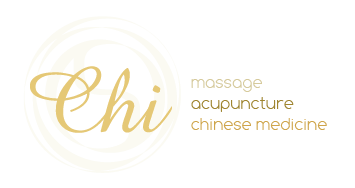About 1 in 7 Australians have symptoms of Irritable Bowel Syndrome (IBS) at some time. It typically presents with recurring pain or discomfort in the tummy (bowels) and alternating diarrhea and constipation. The occurrence in female is much higher than that in male.
The cause is unclear. It is generally assumed that sensory nerves in the bowels are in hypersensitive status due to some environmental factors such as diet and stress. Benefits from western medication so far are very limited.
Based Chinese medicine theory, IBS is usually diagnosed into two main patterns:
1. Poor digestive system either due to long term intake of high fat high sugar foods which stressed the digestive system or malnourished. In this pattern, food plays a very important role. Ahealthy diet with high fibre is recommended. In terms of high fibre diet, salad is thought to be a good choice in western dietetics. While in Chinese healthy lifestyle, well-cooked vegetables are more easily absorbed by the bowels than raw materials.
2. Stagnation of Qi (energy) in liver adversely affects digestive system. In Chinese medicine, the liver is referred as an organ with more functions. It is closely associated with our mental activities. So when we get stress or anxious, the energy in the liver becomes stagnated. As a result, it affects our digestive system. This pattern is very easily identified. Patients usually present with symptoms of stress or depression. So except Chinese herbs and acupuncture treatment, self-stress management is also important.
An Australian study published in 1998 in Journal of the American Medical Association supported use of Chinese herbs in management of IBS. Recent Chinese studies indicated that the acupuncture may raise up sensory threshold of the gut by affecting a range of neurotransmitter such as serotonin.
